
Feb 15 , 2020
By GELILA SAMUEL ( FORTUNE STAFF WRITER
)
The tribunal is expected to be operational in three years.
The government is drafting a proclamation to establish a green tribunal, which will preside over administrative cases of environmental issues.
A new proclamation, which is the first of its kind, was drafted by the Environment, Forest & Climate Change Commission during the past six months and has now been made available to stakeholders. The Police Commission, the supreme and high courts, the Office of the Attorney General, and the regional stakeholder will deliberate on the bill for the coming half year.
The specialised federal administrative environmental tribunal will review cases that involve compensation, rehabilitation and bans among others. When presiding over future cases, the tribunal will use the wetland management, solid waste management, fudge waste management and lead-acid management proclamations as references.
The proclamation follows the new 10-year policy dubbed the Ethiopian National Environmental Law Development & Enforcement Programme. The policy calls for Ethiopia to have an environmental tribunal operational by 2023. Developing and laying out the working plan for the tribunal is expected to take three years for the formulation of rules and procedures.
Lack of environmental technical expertise of both judges and prosecutors is one of the major difficulties for the effective enforcement of environmental laws in Ethiopia, according to Ayele Hegena (PhD), director general for policy, law and standards research development at the Commission.
“This led the courts to be reluctant to engage with environmental matters," Ayele told Fortune, "and prosecute violations that require the use of technical reports and scientific understanding.”
The Commission will be hosting a training for judges on environmental law. Investigators, who will probe cases, are expected to be drawn from the Federal Police Commission under a special wing. They will also get training from the Commission on environmental issues.
The current police force does not have the knowledge nor the capacity to be entrusted with these cases, according to Ayele.
The judges and all of the legal professionals under this establishment are expected to be vigilant and sensitive toward environmental issues and develop environmental law, compliance and enforcement consistency through the cases that come before the courts, according to Ayele.
Environmental experts will support and assist in environmental adjudication.
As a start, the green tribunal will be established at a federal level, and regional states can form their own if they have the capacity, according to Ayele.
The Commission, which was re-established a year and a half ago after changing its name from the Ministry of Environment, Forest & Climate Change, which was first formed in 2015, is also working on new legislation. The new paradigm from the government to roll out a proactive, 10-year policy strategy also took a leap to formulate the first ever wetland management proclamation. The bill was sent to the Office of the Attorney General a month ago.
The new wetland management proclamation introduces a new rule that the Commission is expected to conduct an inventory of wetlands within four years after the bill is legislated. To be recognised and protected as a wetland, the Commission is mandated to designate all wetlands.
It is obvious that at a glance this might be deemed a profound move to address the environmental issues, but it falls into doubt when we look at the capacity of the regulatory institutions, according to Andualem Mekonnen (PhD), an environmentalist and an assistant professor at the School of Natural Science at Addis Abeba University.
Designing programmes or approaches just for the sake of being established will not solve the current environmental problems,” according to Andualem, who has a wide range of experience in environmental pollution and waste management.
“I highly doubt the execution of these kinds of programmes," he said. "Instead, the government should work on the grassroots issues from proper studies to proper assessments before jumping into anything.”
PUBLISHED ON
Feb 15,2020 [ VOL
20 , NO
1033]

Commentaries | Apr 11,2020

Viewpoints | Nov 02,2019
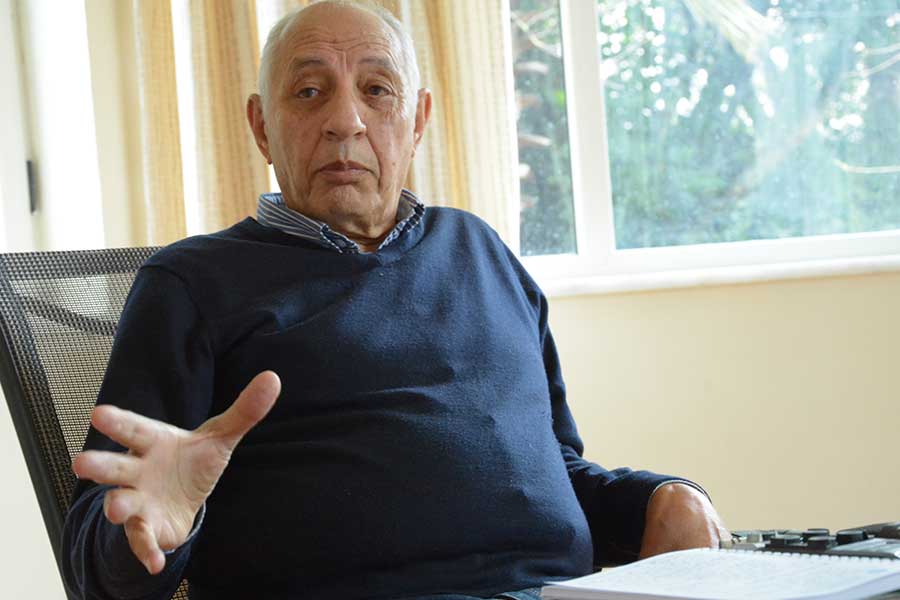
Exclusive Interviews | Aug 10,2019

Commentaries | Jul 09,2022
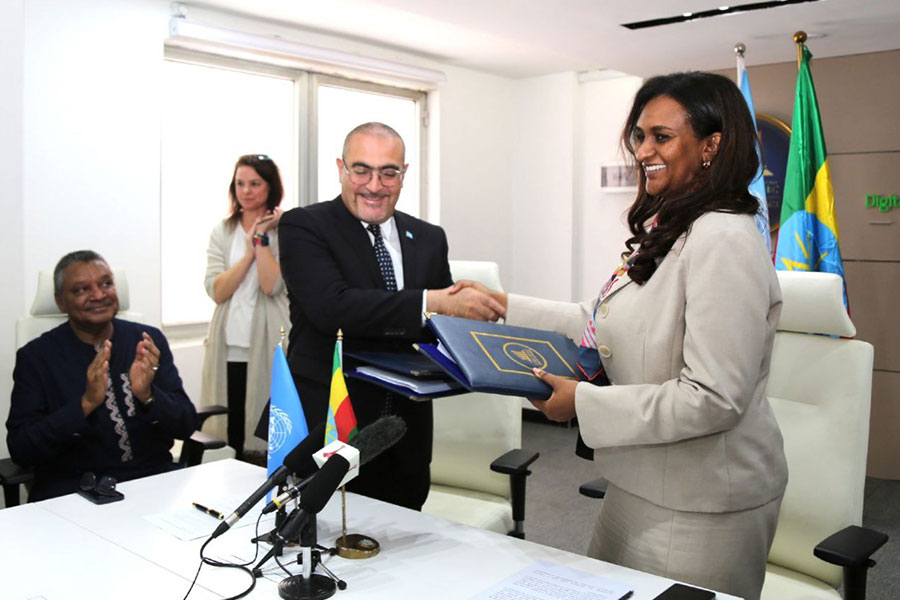
Radar | Jun 21,2025

Fortune News | Feb 06,2024

Commentaries | Jan 15,2022
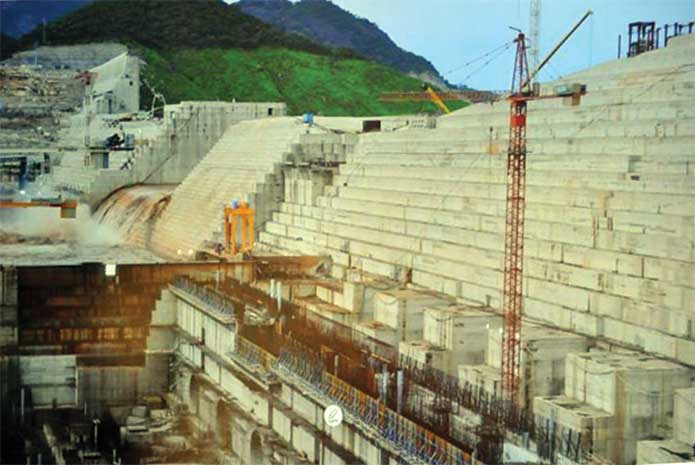
Fortune News | Oct 12,2019
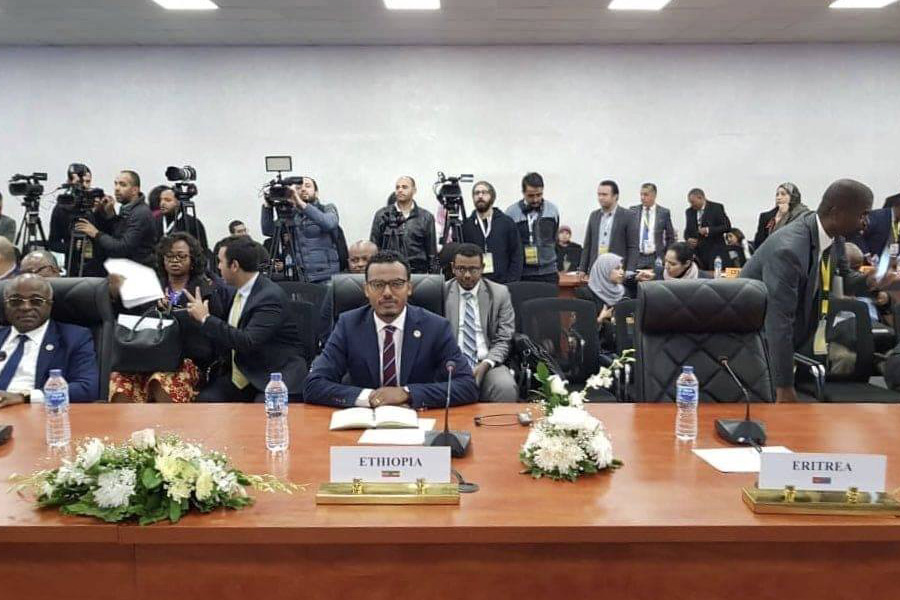
Fortune News | Oct 23,2018
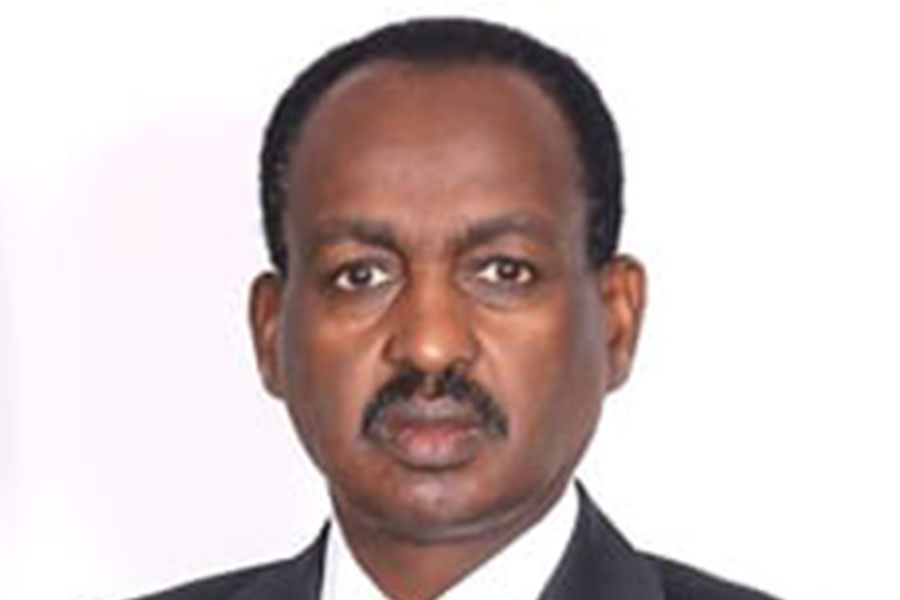
Fortune News | Mar 25,2023

Dec 22 , 2024 . By TIZITA SHEWAFERAW
Charged with transforming colossal state-owned enterprises into modern and competitiv...

Aug 18 , 2024 . By AKSAH ITALO
Although predictable Yonas Zerihun's job in the ride-hailing service is not immune to...

Jul 28 , 2024 . By TIZITA SHEWAFERAW
Unhabitual, perhaps too many, Samuel Gebreyohannes, 38, used to occasionally enjoy a couple of beers at breakfast. However, he recently swit...

Jul 13 , 2024 . By AKSAH ITALO
Investors who rely on tractors, trucks, and field vehicles for commuting, transporting commodities, and f...

Jul 12 , 2025
Political leaders and their policy advisors often promise great leaps forward, yet th...

Jul 5 , 2025
Six years ago, Ethiopia was the darling of international liberal commentators. A year...

Jun 28 , 2025
Meseret Damtie, the assertive auditor general, has never been shy about naming names...

Jun 21 , 2025
A well-worn adage says, “Budget is not destiny, but it is direction.” Examining t...